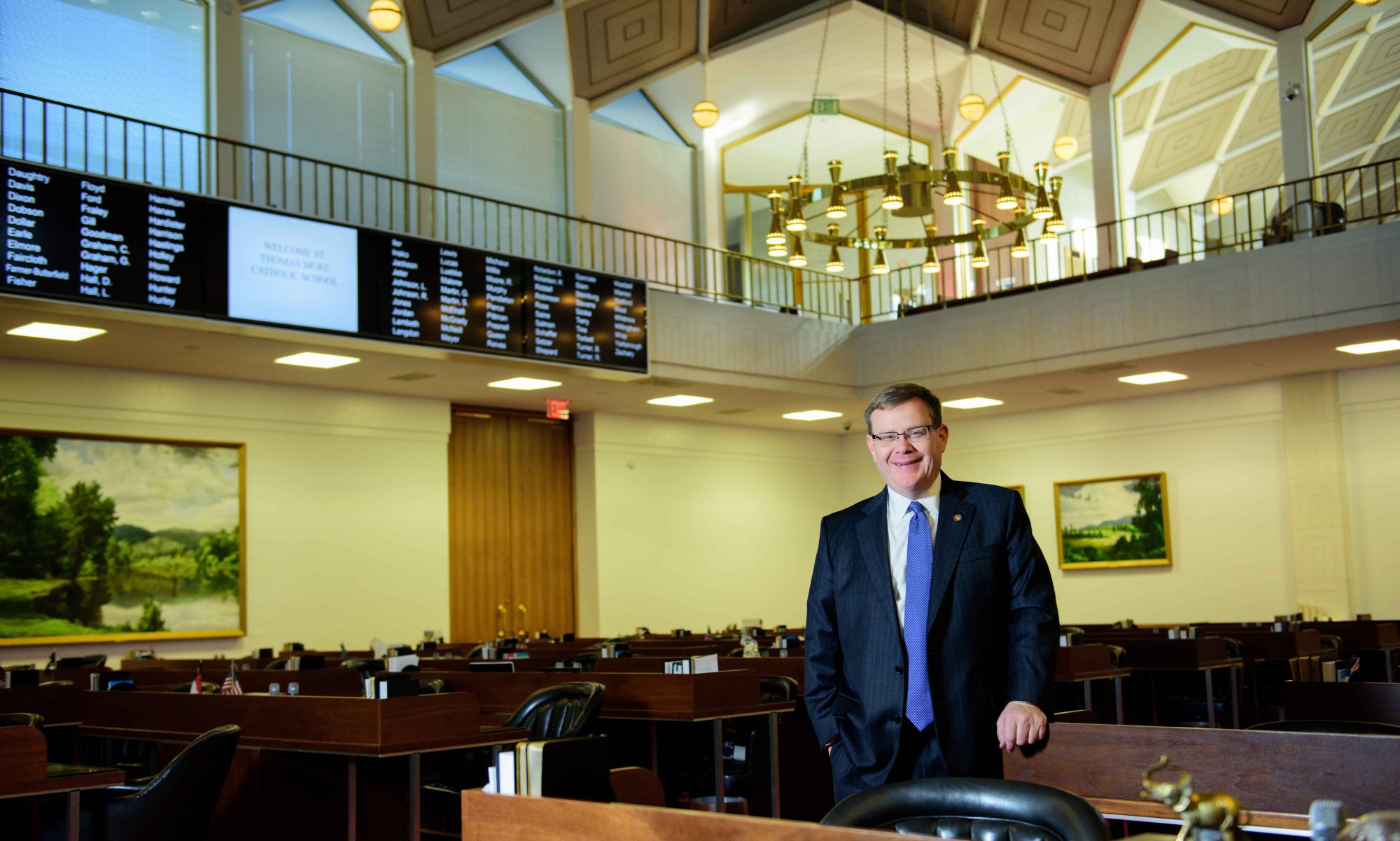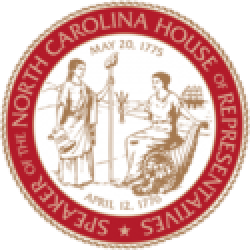Raleigh, N.C. – A bipartisan coalition of North Carolina lawmakers protected free expression at state universities with a new law that bars college administrators and students from blocking speakers invited by a campus community.
House Bill 527 Restore/Preserve Campus Free Speech affirms the authority of the U.S. Constitution’s First Amendment and the value of free expression at North Carolina’s public universities.
The law was sponsored by Rep. Chris Millis (R-Pender) and Higher Education Committee Chairman Jonathan Jordan (R-Ashe), passing 80-31 in the state House with bipartisan support.
The comprehensive measure emphasizes the importance of institutional neutrality for protecting freedom of speech within the University of North Carolina system.
House Speaker Tim Moore, a former member of the UNC Board of Governors, released a statement:
“Intellectual diversity and free expression are cornerstones of higher education, and the Campus Free Speech Act ensures North Carolina’s world-class university system remains a hub of ideas and open debate,” Moore said.
H.B. 527 establishes a special UNC Board of Governors committee to write a comprehensive policy and annual report on campus free expression.
The law requires sanctions for students who interfere with others’ rights to open expression while preserving due-process for those accused of suppressing free speech.
Campuses must inform students at freshman orientation of the free expression policies, and the administration of discipline will be monitored by the UNC Board of Governors.
H.B. 527 became law without action by Gov. Roy Cooper.
—
Key excerpts from H.B. 527 Restore/Preserve Campus Free Speech Act:
- “The primary function of each constituent institution is the discovery of knowledge and that function can only be fulfilled by the fullest degree of intellectual freedom and free expression.”
- “It is not the proper role of any constituent institution to shield individuals from speech protected by the First Amendment, including, without limitation, ideas and opinions they find unwelcome, disagreeable, or even deeply offensive.”
- “Consistent with First Amendment jurisprudence, including any reasonable time, place, and manner restrictions adopted by a constituent institution, campuses of the constituent institutions are open to any speaker whom students, student groups, or members of the faculty have invited.”
- “The constituent institution shall implement a range of disciplinary sanctions for anyone under the jurisdiction of a constituent institution who substantially disrupts the functioning of the constituent institution or substantially interferes with the protected free expression rights of others.”


